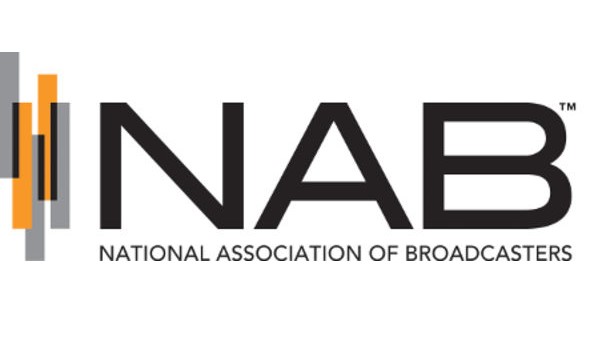NAB: No Evidence for Increasing Unlicensed Power Limits in 6 GHz
Recommends waiting to see how unlicensed operation impacts current protected licensed users

WASHINGTON—As the debate over the FCC’s plans for the 6 GHz band heads to court, the NAB is continuing to argue its case directly to the commission on related issues, including increases to the power limit of unlicensed users.
In reply comments to the FCC’s Further Notice of Proposed Rulemaking concerning unlicensed operations in the 6 GHz band, the NAB says that no one supporting unlicensed operation has offered evidence to justify any changes to the commission’s initial order.
The FCC in April approved a Report and Order that would allow for unlicensed operation in the entire 1,200 MHz of the 6 GHz band, spectrum that broadcasters and other wireless operators use for auxiliary operations. This FNPRM proposes an increase of the power levels permitted for low-power indoor operations for these unlicensed operators from 5 dB/MHz to 8 dB/MHz.
“Rather than proceed on the basis of incomplete and inadequate information, the commission should wait for devices to actually be deployed in the market and for stakeholders to gain a better sense of whether the commission’s existing rules actually work to protect licensed users,” the NAB wrote in its comments.
NAB says that those in the case of increasing the power limits for low-power indoor devices, no one has provided any new evidence to justify a change. Those supporting very low-power devices claim they have studies, but NAB challenges them, claiming several flaws in each—this includes a study conducted by Apple and Broadcom detailing a low likelihood of interference to fixed services and mobile BAS services. A Wireless Broadband Alliance study, NAB argues, is not applicable because it only considers interference to FS operations and permits interference above the current FCC threshold.
As for others supporting the increase in power limits, NAB says that they are doing so primarily on the potential economic benefits of new applications that could be offered on the spectrum.
“We urge the commission not to exacerbate the already challenging situation it has created without substantial evidence and real-world experience,” the NAB writes.
The professional video industry's #1 source for news, trends and product and tech information. Sign up below.
The full NAB comments are available online.
